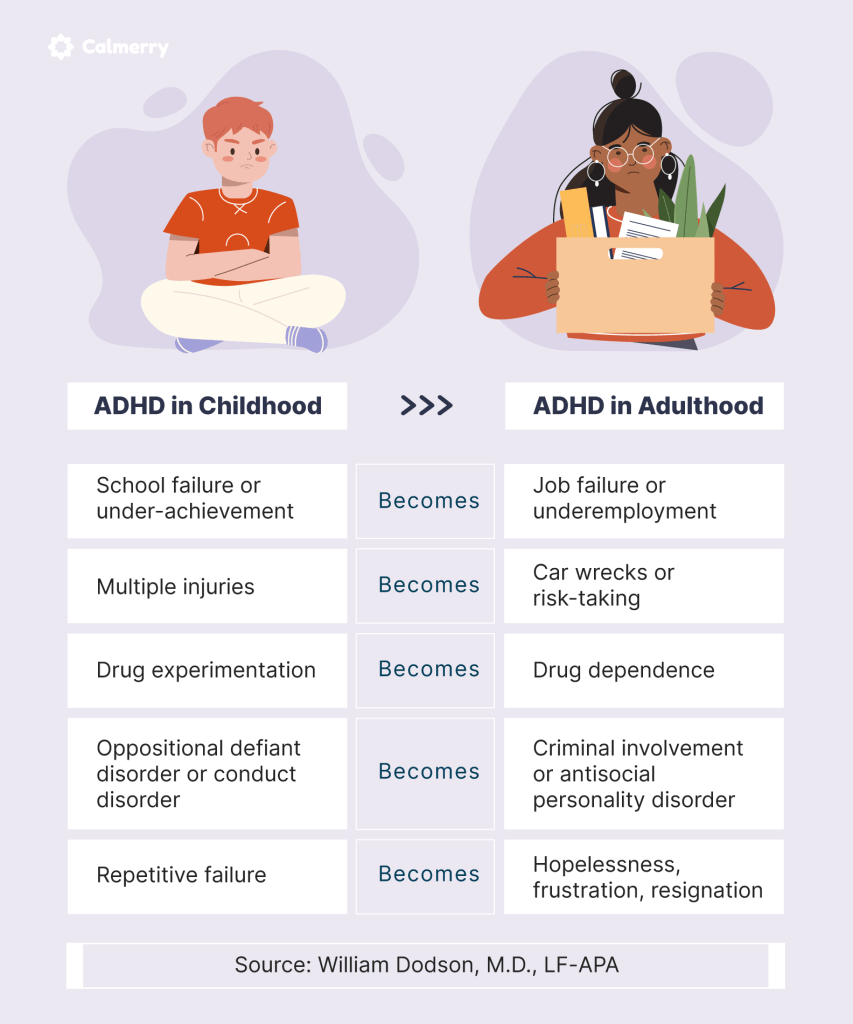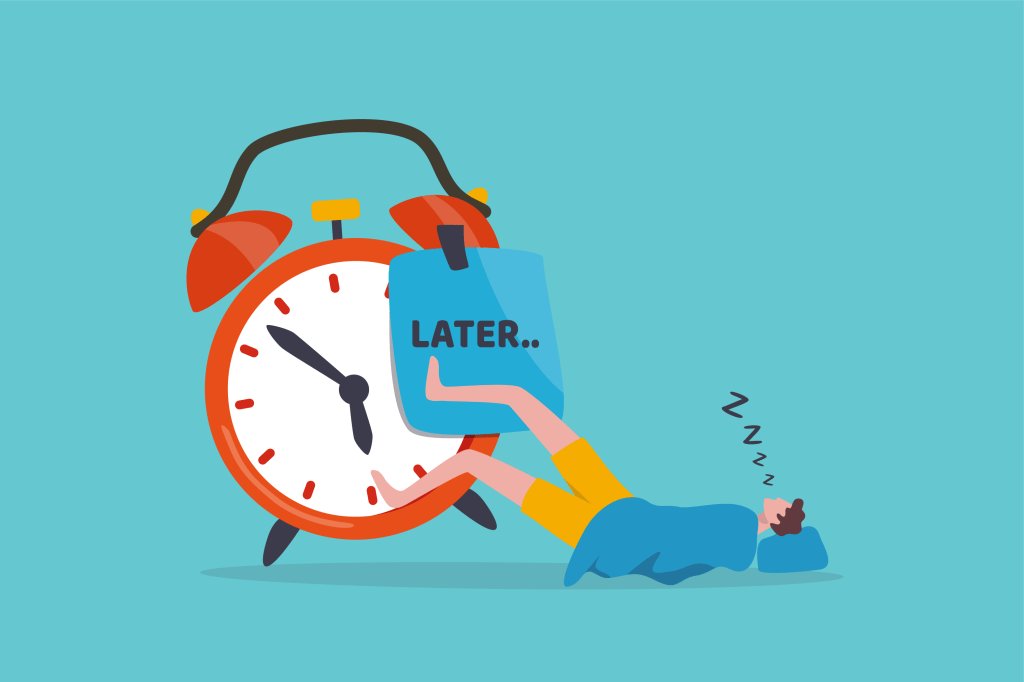By: Nicole Sanchez

ADHD In Women and Girls By: Nicole Sanchez
Attention-deficit/hyperactivity disorder (ADHD) is considered a chronic disorder and is known to impact the individual in many aspects of their life including interpersonal relationships, academic and professional achievements, and daily functioning. Symptoms of ADHD include inattention, hyperactivity and impulsivity. ADHD can lead to lowered self-esteem and social function in children when not appropriately treated. Adults with ADHD may experience poor self-worth, sensitivity towards criticism, and increased self-criticism possibly stemming from higher levels of criticism throughout life.
Women and girls experience the same general symptoms as boys and men, but the way they express the symptoms can appear different. This difference in expression has historically been one of the reasons girls and women are underdiagnosed. Often when diagnosing, clinicians look for the male model of ADHD symptoms that focuses on impulsiveness. It is important to note that girls and women often demonstrate symptoms of inattention, overly sociable behavior, forgetfulness, talkativeness, or even difficulties with time management.
Cognitive behavioral therapy (CBT) is a talking therapy that is able to help individuals struggling with ADHD manage their problems by changing the way they think and behave. This treatment tries to reconstruct how someone feels about a situation, which would in turn potentially change their behavior and mitigate these ADHD symptoms. Often the therapist works with the parent of an ADHd child to help them improve his or her behavior.
If you or someone you know is having mental health difficulties and/ or experiencing symptoms of ADHD, please contact our psychotherapy offices in New Jersey to talk to one of our licensed professional psychologists, psychiatrists, psychiatric nurse practitioners, or psychotherapists at Arista Counseling & Psychotherapy. Contact our offices at (201) 368-3700 or (212) 722-1920 to set up an appointment. For more information, please visit http://www.counselingpsychotherapynjny.com/
https://www.columbiadoctors.org/news/adhd-different-women
https://www.webmd.com/add-adhd/ss/slideshow-adhd-women-girls









